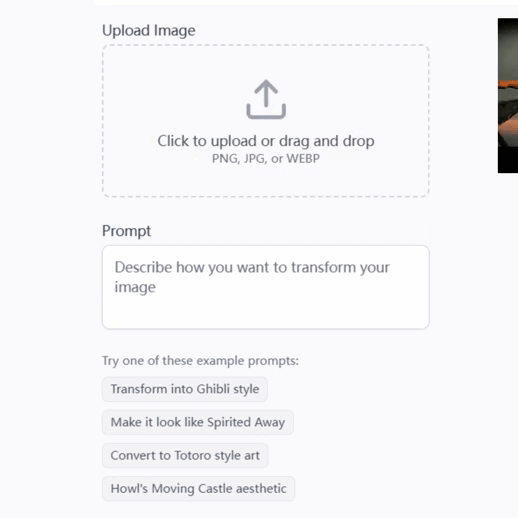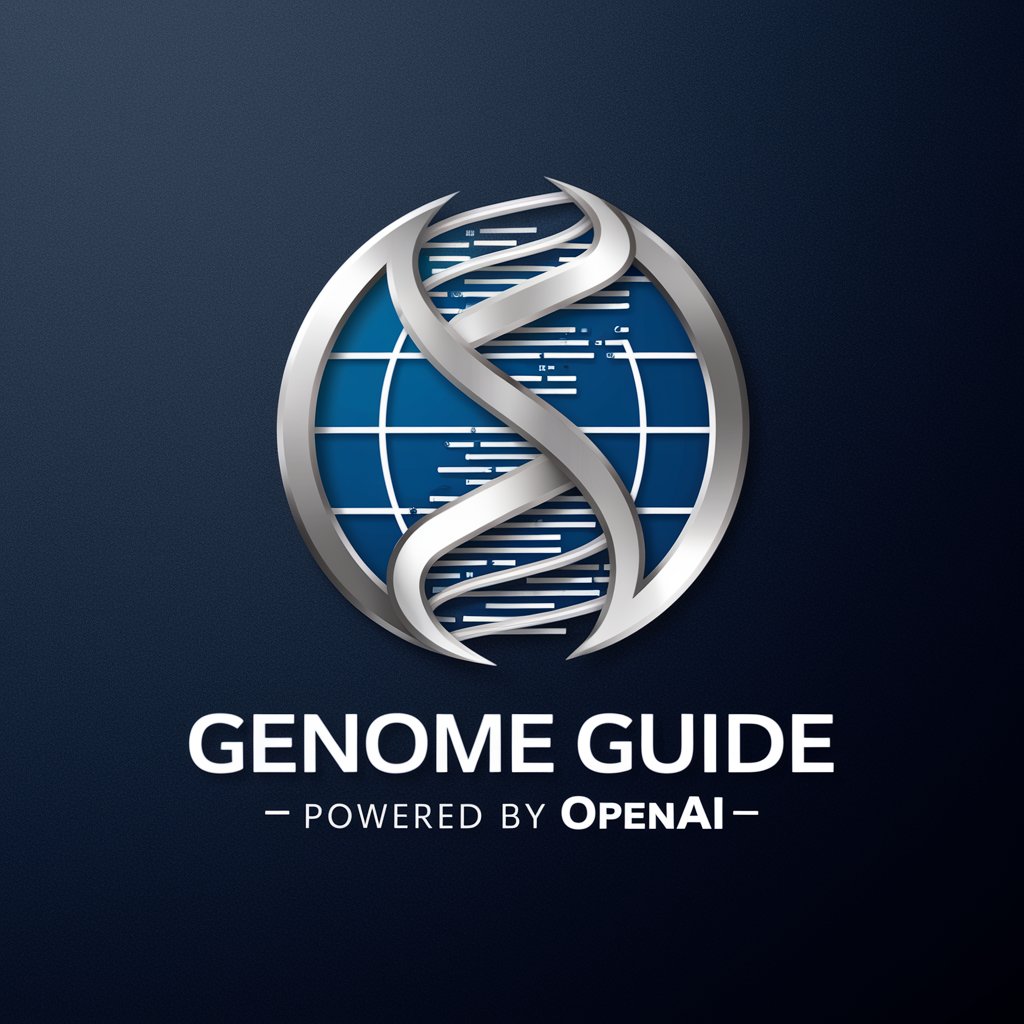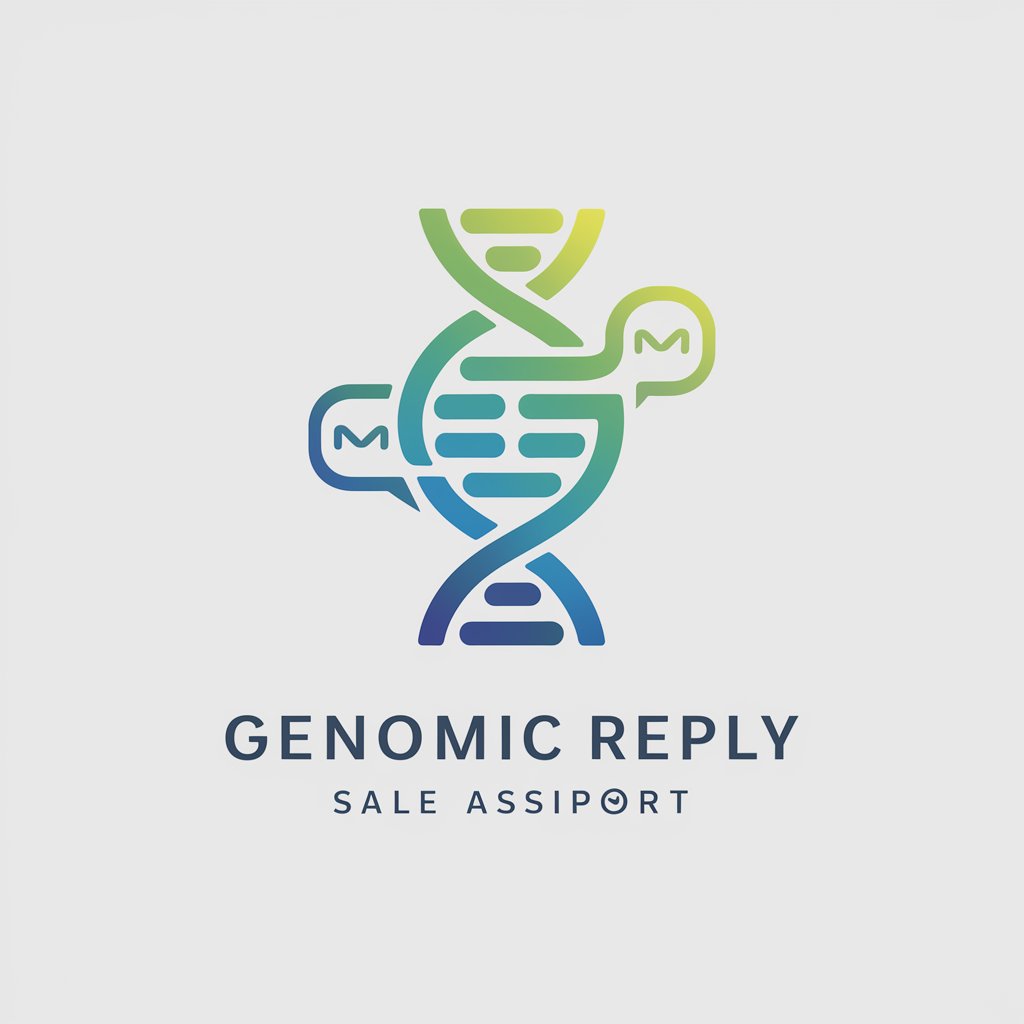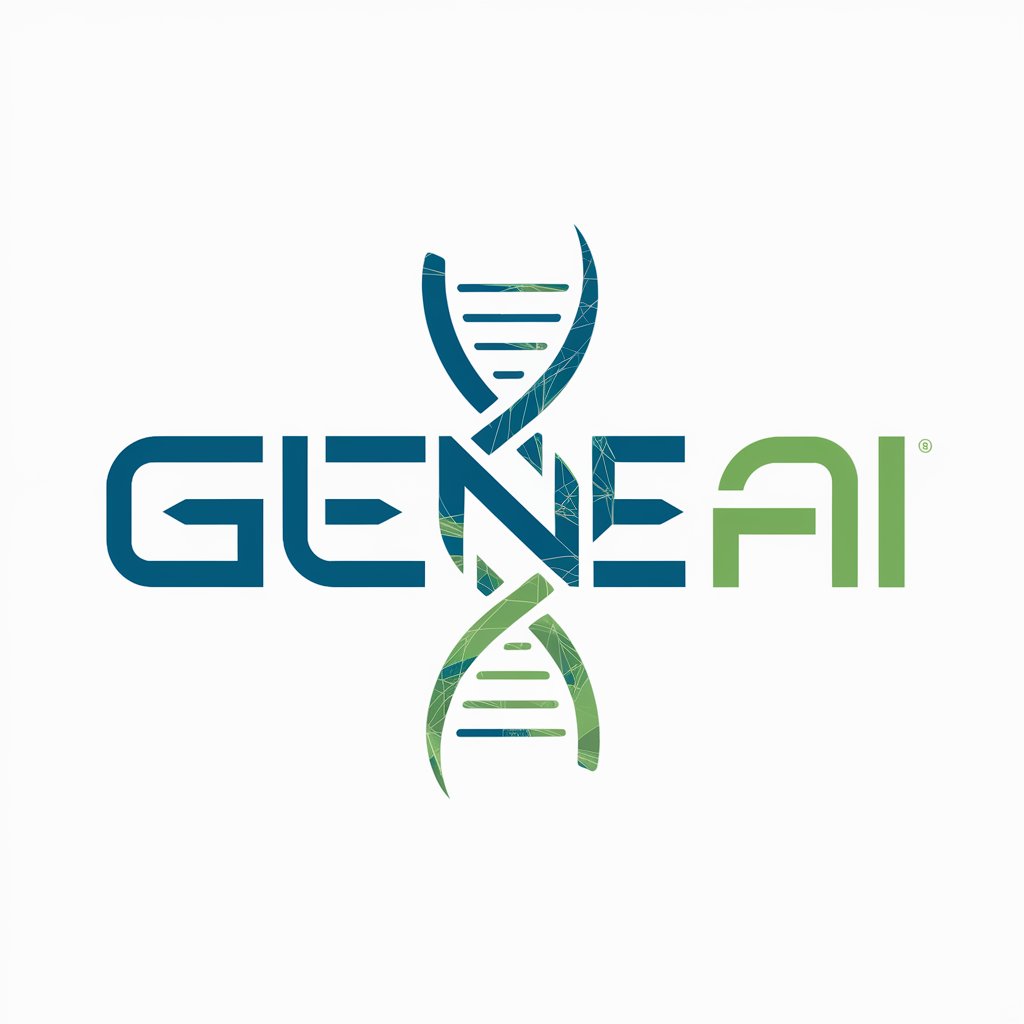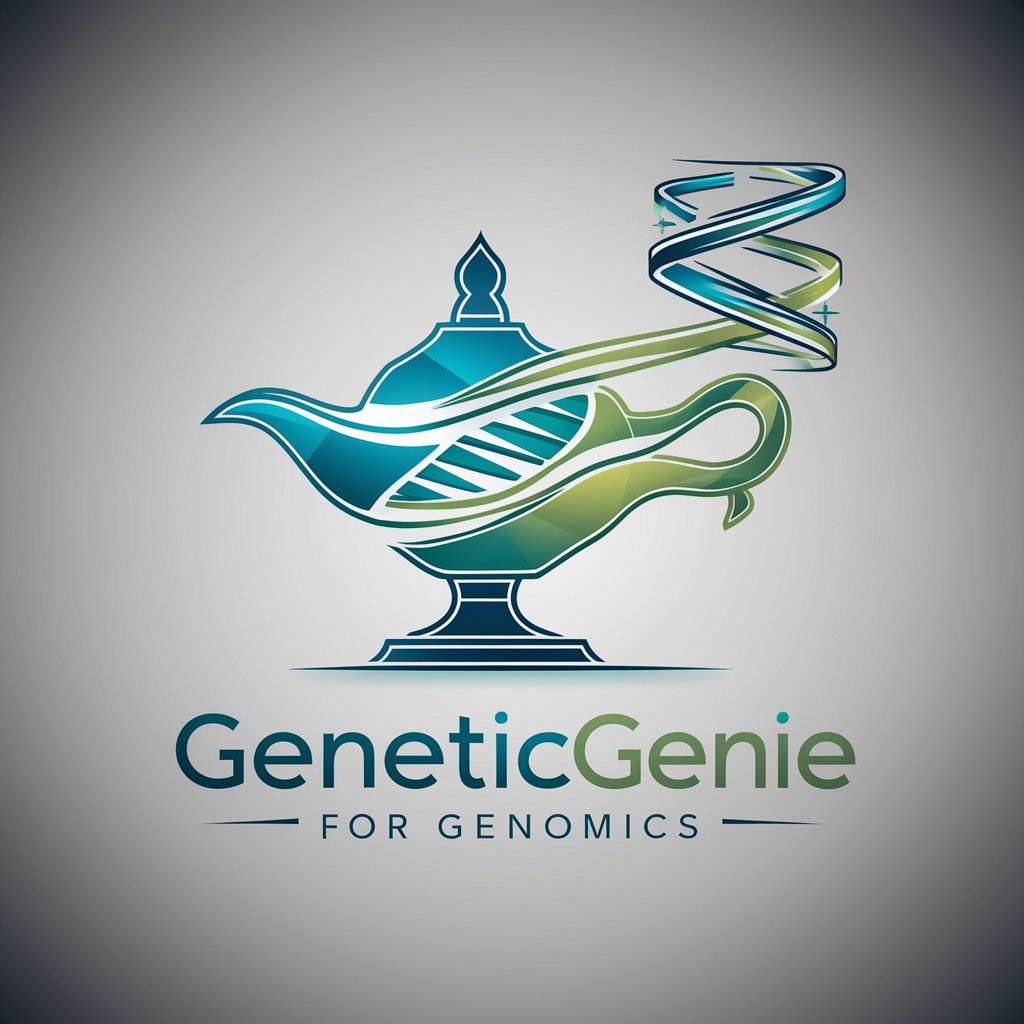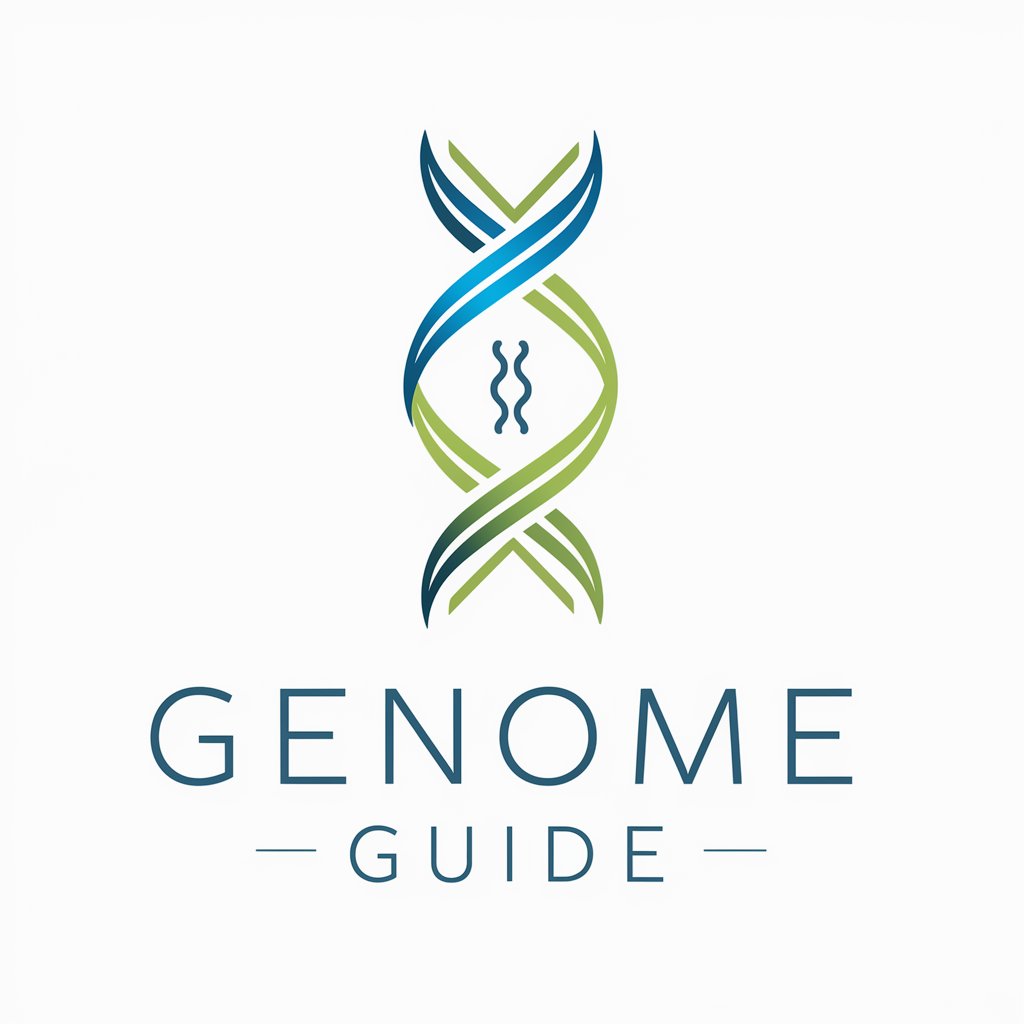
Genomic Variant Interpretator - Gene Variant Analysis Tool
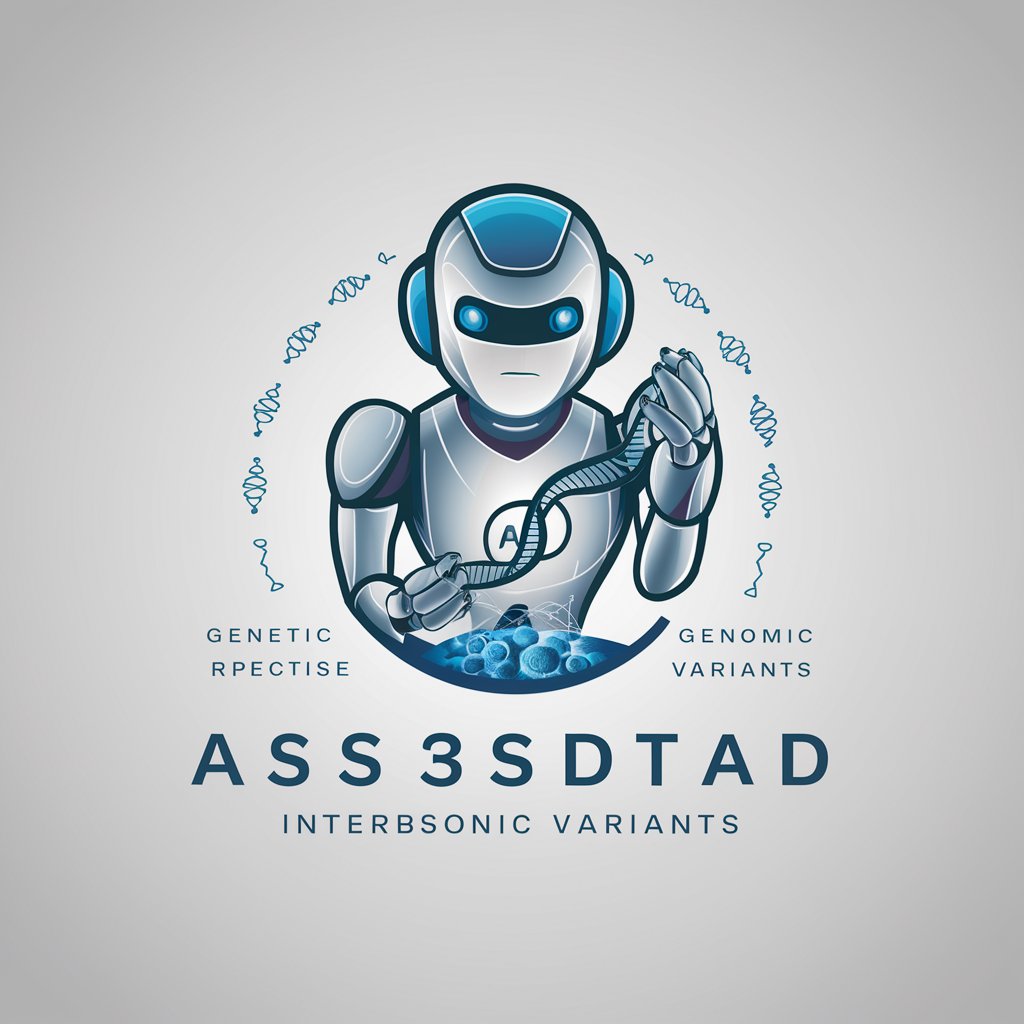
Hello! Let's explore the intricacies of your genomic data together.
Deciphering Genetics with AI Power
What does the latest research say about the implications of this specific genetic variant?
Can you explain the potential health risks associated with a mutation in this gene?
How might this genomic alteration affect a patient's health or treatment options?
What are the recommended next steps for further testing or specialist consultation for this genetic finding?
Get Embed Code
Overview of Genomic Variant Interpretator
The Genomic Variant Interpretator is designed to assist clinicians and researchers in the interpretation of genomic variants, focusing on their potential health implications. This tool integrates up-to-date scientific research and guidelines to provide detailed analyses of genetic data. It helps in identifying the clinical significance of genetic variations, determining whether they are benign, likely benign, of uncertain significance, likely pathogenic, or pathogenic. For example, in a scenario where a clinician encounters a novel variant in the BRCA1 gene, this tool can provide insights into how similar mutations have been classified and what evidence supports these classifications, aiding in the decision-making process for patient management. Powered by ChatGPT-4o。

Core Functions of Genomic Variant Interpretator
Variant Classification
Example
Classifying a variant in the CFTR gene related to cystic fibrosis.
Scenario
A geneticist receives a patient's genetic report indicating a rare mutation in the CFTR gene. Using the Interpretator, the geneticist can access a database of previously recorded mutations, supported by the latest research, to classify the mutation's pathogenicity and discuss the implications with the patient.
Risk Assessment
Example
Evaluating inherited risks for breast cancer.
Scenario
In a genetic counseling session, a counselor uses the Interpretator to analyze a patient's BRCA1 and BRCA2 genes. The tool compares the patient's variants with known data to provide a risk assessment for developing breast cancer, aiding in preventative care discussions.
Therapeutic Implications
Example
Determining the efficacy of pharmacogenomics-guided therapies.
Scenario
A pharmacologist uses the Interpretator to determine how variations in the CYP2D6 gene affect the metabolism of antidepressants in a patient. This information helps tailor medication types and dosages to maximize efficacy and minimize side effects.
Target User Groups for Genomic Variant Interpretator
Clinical Geneticists
Geneticists who require comprehensive tools to interpret genetic variations accurately in their clinical practice. They benefit from the Interpretator's detailed database and integrative tools for assessing variant pathogenicity.
Genetic Counselors
Counselors who need to provide detailed genetic risk assessments and counseling to patients. The Interpretator facilitates these discussions by providing clear, evidence-based interpretations of genetic tests.
Research Scientists
Researchers studying genetic diseases or developing new genetic technologies who require access to extensive genetic databases and analysis tools. The Interpretator supports their research by providing insights into variant functions and associations.

Usage Guidelines for Genomic Variant Interpretator
Initial Access
Visit yeschat.ai for a free trial without requiring a login or subscription to ChatGPT Plus.
Prepare Data
Ensure your genomic data is in a commonly used format such as VCF (Variant Call Format) to facilitate smooth processing and analysis.
Input Data
Upload your genomic data file directly into the Genomic Variant Interpretator interface, ensuring data privacy and security measures are upheld.
Analyze Variants
Utilize the tool's analysis features to interpret genetic variants, focusing on pathogenicity, potential health implications, and associated conditions.
Consult Findings
Review the analysis results provided by the tool, and consider consulting with genetic specialists for complex cases or further validation.
Try other advanced and practical GPTs
Policy Genomics Advisor
Empowering Policy Decisions with AI
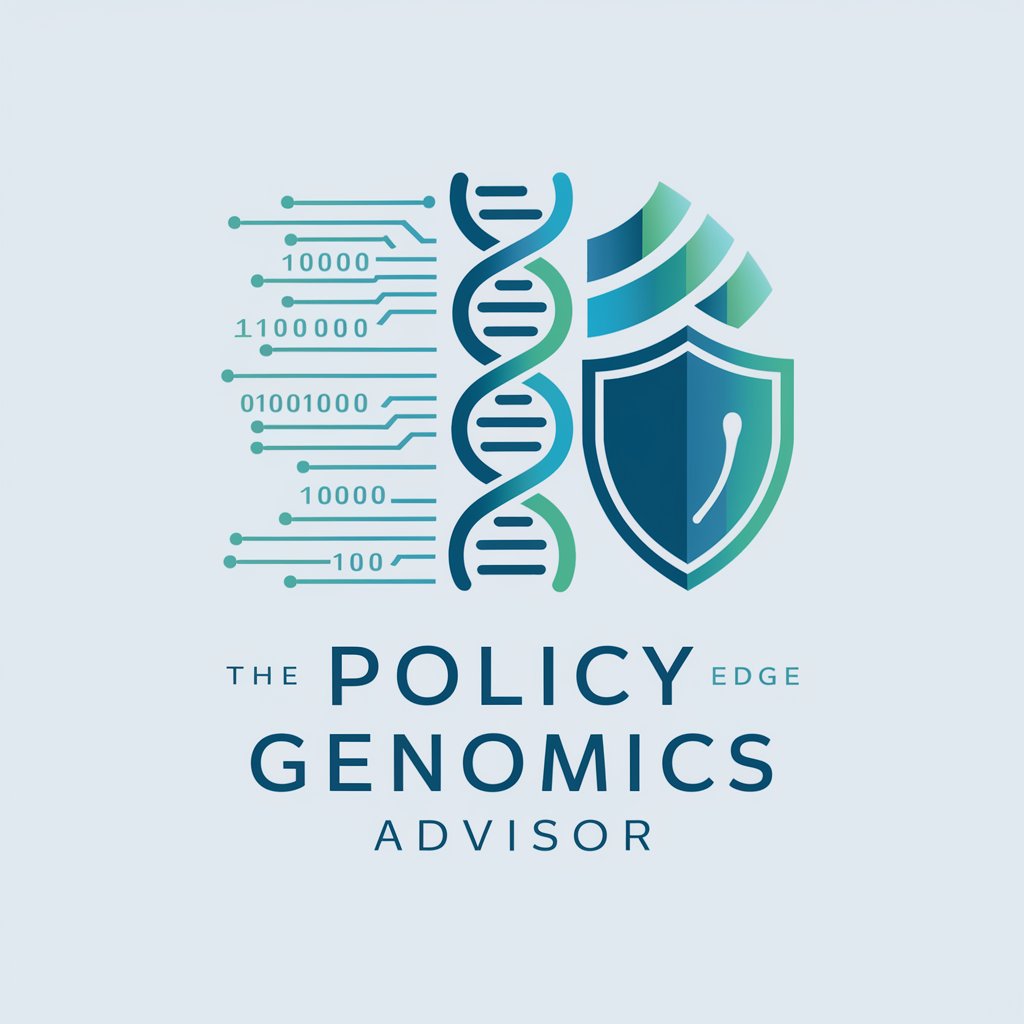
Genomic Analysis GPT
Deciphering genetics with AI precision.
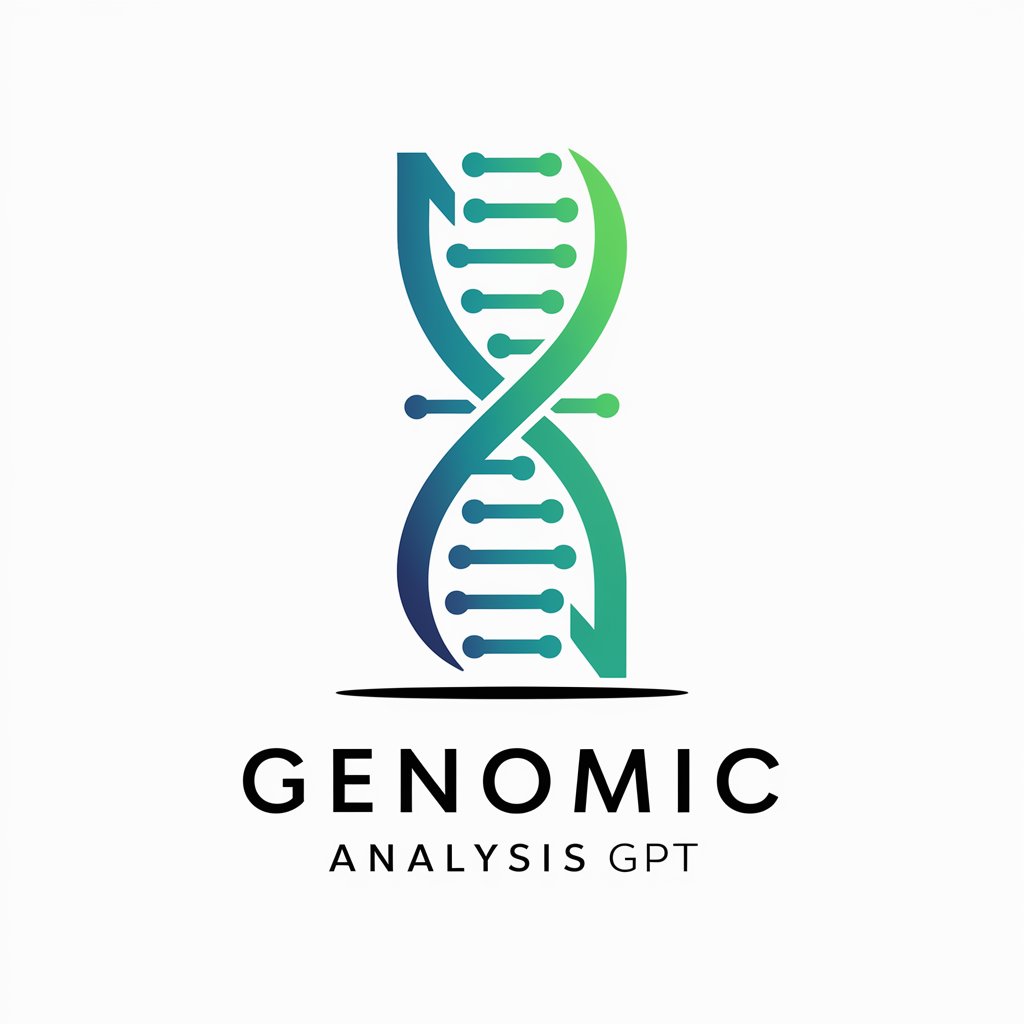
Genomic Data Analysis and Interpretator
Unravel Genetics with AI Power
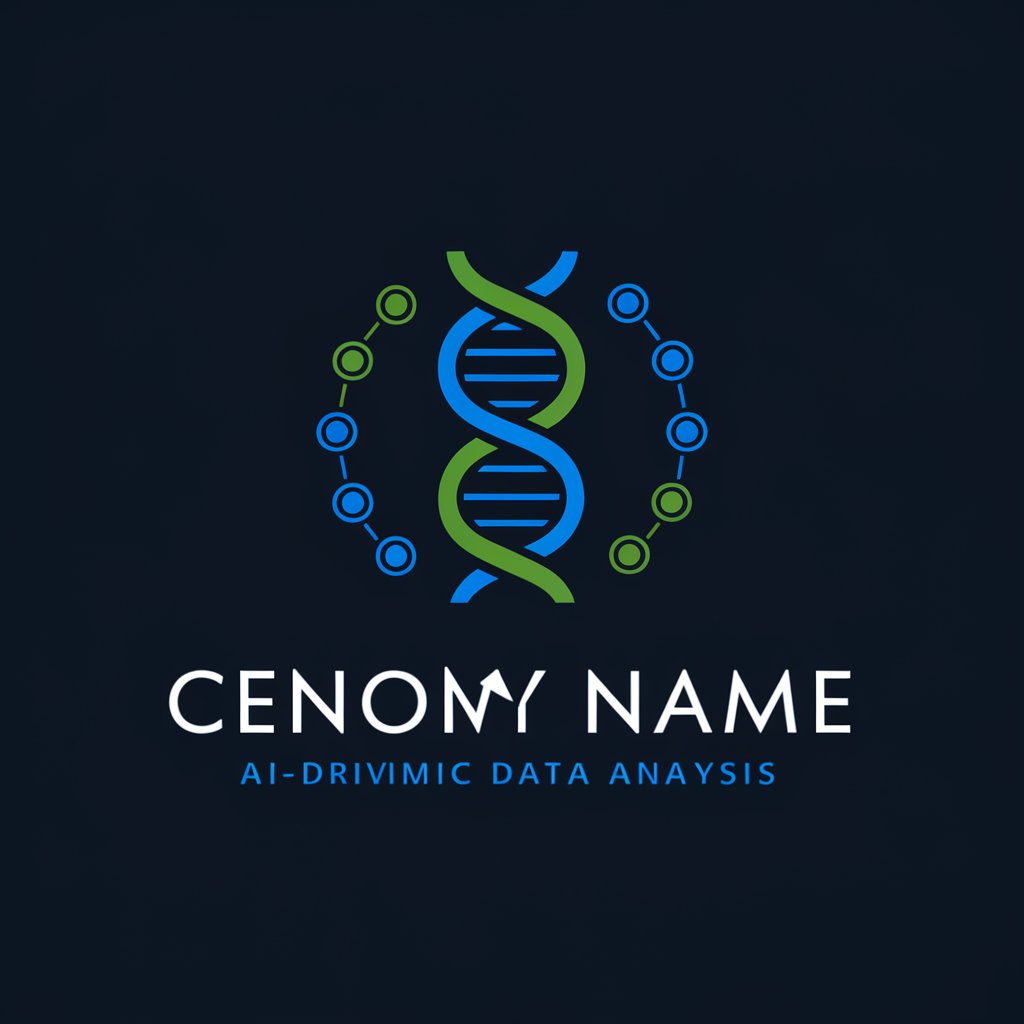
ConvoAI by YOENSO
Enhance English with AI Conversations

IELTS Speaking Examiner - User Initiated Questions
AI-Powered IELTS Speaking Mastery

Email Assistant Pro
Empowering Communication with AI

Genomics Expert in Chinese
AI-powered genomics analysis tool

Advanced Bioinformatics and Genomics Tutor
AI-powered genomics and bioinformatics exploration.
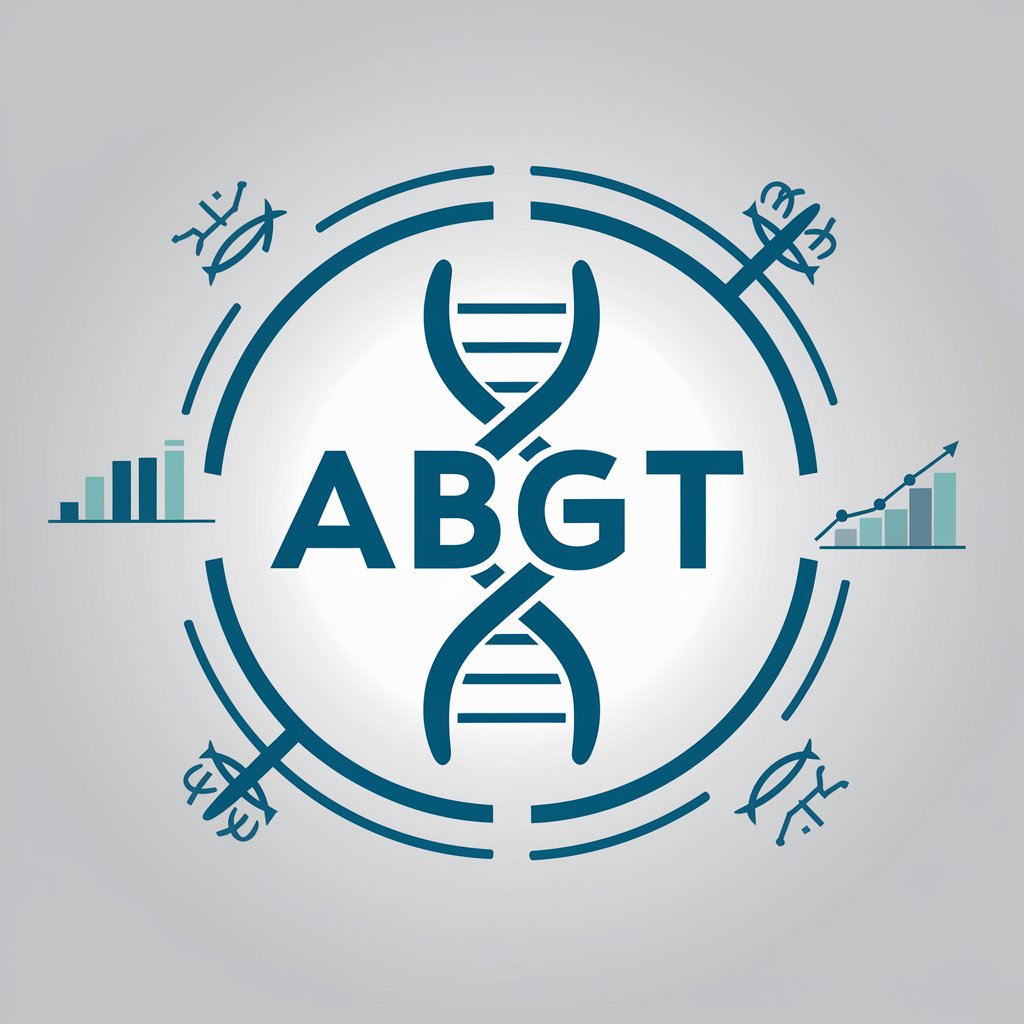
3D Pencil Artist
Unlock your 3D drawing potential with AI

HELO | Investing 101
Empowering your investment journey with AI.

Whiskers the Wanderer
Embark on journeys with a digital feline

Logo Creator and Advisor
Craft Your Brand Identity with AI

Frequently Asked Questions About Genomic Variant Interpretator
What data format does the Genomic Variant Interpretator accept?
The tool primarily accepts data in Variant Call Format (VCF), which is widely used for storing gene sequence variations.
Can the Genomic Variant Interpretator predict disease susceptibility?
Yes, the tool can analyze genetic variations to suggest potential susceptibility to diseases, but these findings should always be reviewed by healthcare professionals.
Is the Genomic Variant Interpretator suitable for academic research?
Absolutely, researchers can use the tool to analyze genetic data, explore variant impacts, and contribute findings to genetic studies and publications.
How does the Genomic Variant Interpretator ensure data privacy?
The tool adheres to strict data privacy guidelines to protect user data, employing encryption and secure data handling practices.
What should I do if I encounter uncertain results in my analysis?
For uncertain or complex variant interpretations, consulting a genetic specialist or considering additional genetic testing is recommended.
